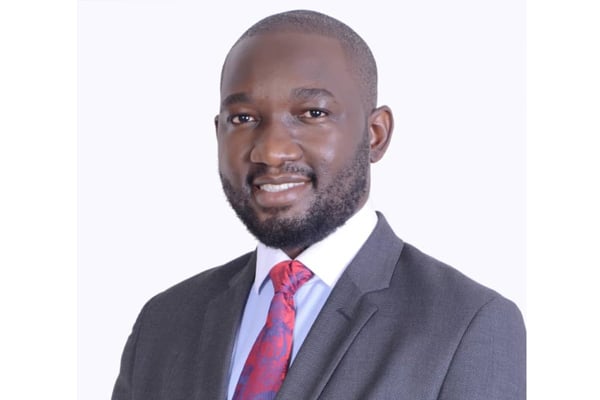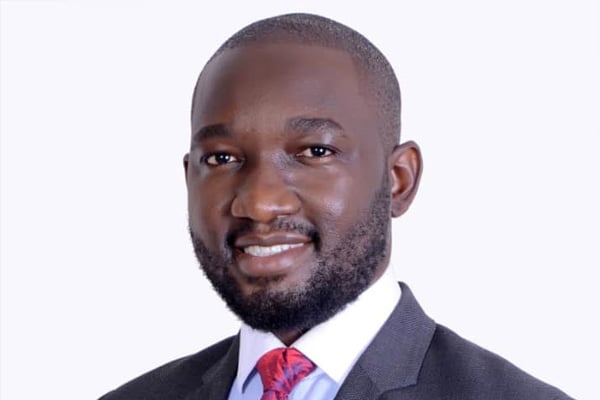Prime
Is training compensation and solidarity mechanism be football’s magic wand?

Author, Ivan Ojakol. PHOTO/COURTESY
What you need to know:
- Clubs and academies must register their players effectively to keep all records.
Fifa, through its Regulations on the Status and Transfer Players Regulations (RSTP), came up with ways of ensuring that training clubs are rewarded for their efforts and investments in developing players in what is termed as “Training Compensation and Solidarity Mechanisms”.
Training compensation applies where a player signs their first professional contract and is payable until the end of the calendar year of the player’s 23rd birthday. Solidarity mechanism is a proportion of the transfer fee and/or compensation that is paid to a player’s former club for their contribution. If a professional is transferred before his contract expires, any club that contributed to his education and training will receive a portion of the compensation paid to his former club.
Training compensation and solidarity mechanism payments normally apply to international transfers, but some federations have come up with their own internal regulations concerning the same, even in Africa, like the South African Football Association.
Training compensation should be paid within 30 days by the club with which the player is registered for the first time as a professional to every club with which the player has previously been registered as detailed in the player’s passport.
For solidarity mechanism, the receiving club upon the payment of a transfer fee has the obligation of withholding up to 5 per cent of the transfer fee and pay it proportionally to the clubs involved in the player’s development over the years.
Fifa introduced a Transfer Matching System (TMS) to make it easier for clubs to make these claims. Unfortunately, this has not remedied the situation. According to FIFPro, in the last 10 years, between $400m and $1b has been left on the table unclaimed. African football clubs have contributed largely to that unflattering statistic.
The above statistic has been occasioned by, among others; a lack of awareness, making invalid claims, poor record keeping, and tracking mechanisms. FIFPro also says only 50 per cent of players, especially in Africa have contracts. This lack of contracts makes many training compensation and solidarity mechanism claims come up short.
There are limitations to these claims. The Fifa Dispute Resolution Chamber has also held many times that training compensation claims must be made within two years.
Just imagine how much the mother clubs of Cristiano Ronaldo have made over the years from his transfers to Manchester United, Real Madrid, Juventus, and back to Manchester United over the years.
Are there any training compensation and solidarity mechanism champions in Uganda who can tell us their experiences thus far? Surely the likes of Proline, Edgars academy, and even the now defunct Kampala Kids League should have some ecosystem building stories. Of course, undoubtedly, the clubs do have their tales. Let us hear them.
Clearly, it does not stop at glamourising the transfers of our football heroes. We must follow through and ensure that our clubs and academies benefit from these incentives. All of this starts with the proper governance of our clubs and academies; they must register their players effectively, keep the correct documentation of these players, maintain accurate records, proper contracts, and put in place proper tracking systems. This will go a long way in enabling clubs and academies to make successful training compensation and solidarity mechanism claims.
I believe many of our clubs and academies are doing the above, but we must never stop singing the chorus. Seeking out professionals in sports law experts should be the norm when it comes to making these claims in order to avoid hiccups. The said professionals would also come in handy where a dispute arises and it has to be scaled up to the Fifa Dispute Resolution Chamber and subsequently the Court of Arbitration for Sport.
Training compensation and solidarity payments may in and of themselves not be the magic wand to the development and professionalisation of football in Uganda, but could be a major starting point and deserve serious consideration.
The author is a Sports Lawyer and Lecturer | [email protected]



